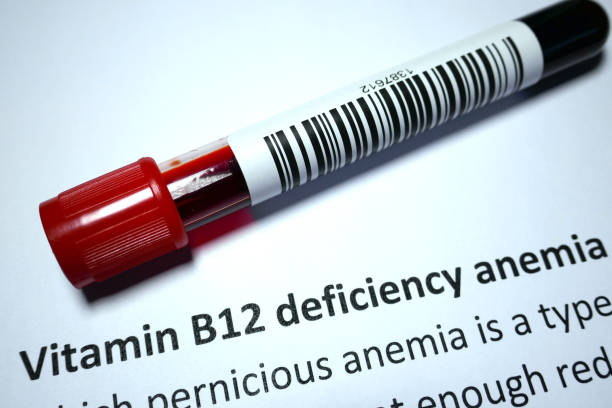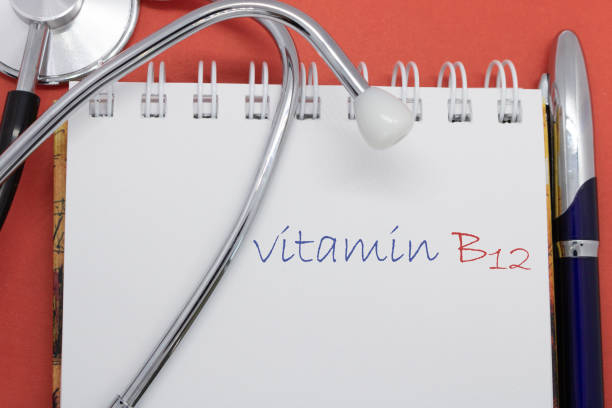Vitamin B12 deficiency
Vitamin B12 is a water-soluble vitamin also known as cobalamin. It is required for the production of blood as well as brain and nerve function. Every cell in your body requires B12 to operate properly, yet your body cannot make it. As a result, you must obtain it from diet or supplements. B12 is only found in adequate levels in animal diets, while certain forms of seaweed may contain minor amounts. As a result, persons who do not consume animal products are at a higher risk of insufficiency. According to studies, up to 80-90% of vegetarians and vegans may be vitamin B12 deficient.
Because absorption diminishes with age, more than 20% of older persons may be deficient in this vitamin. Because of a protein known as an intrinsic factor, B12 absorption is more complex than that of other vitamins. Some persons are deficient in this protein and may require B12 injections or greater supplement dosages. Megaloblastic anemia, a blood condition that causes red blood cells to expand, is a typical indication of vitamin B12 deficiency. Other symptoms include reduced brain function and high homocysteine levels, which are risk factors for a variety of disorders.












